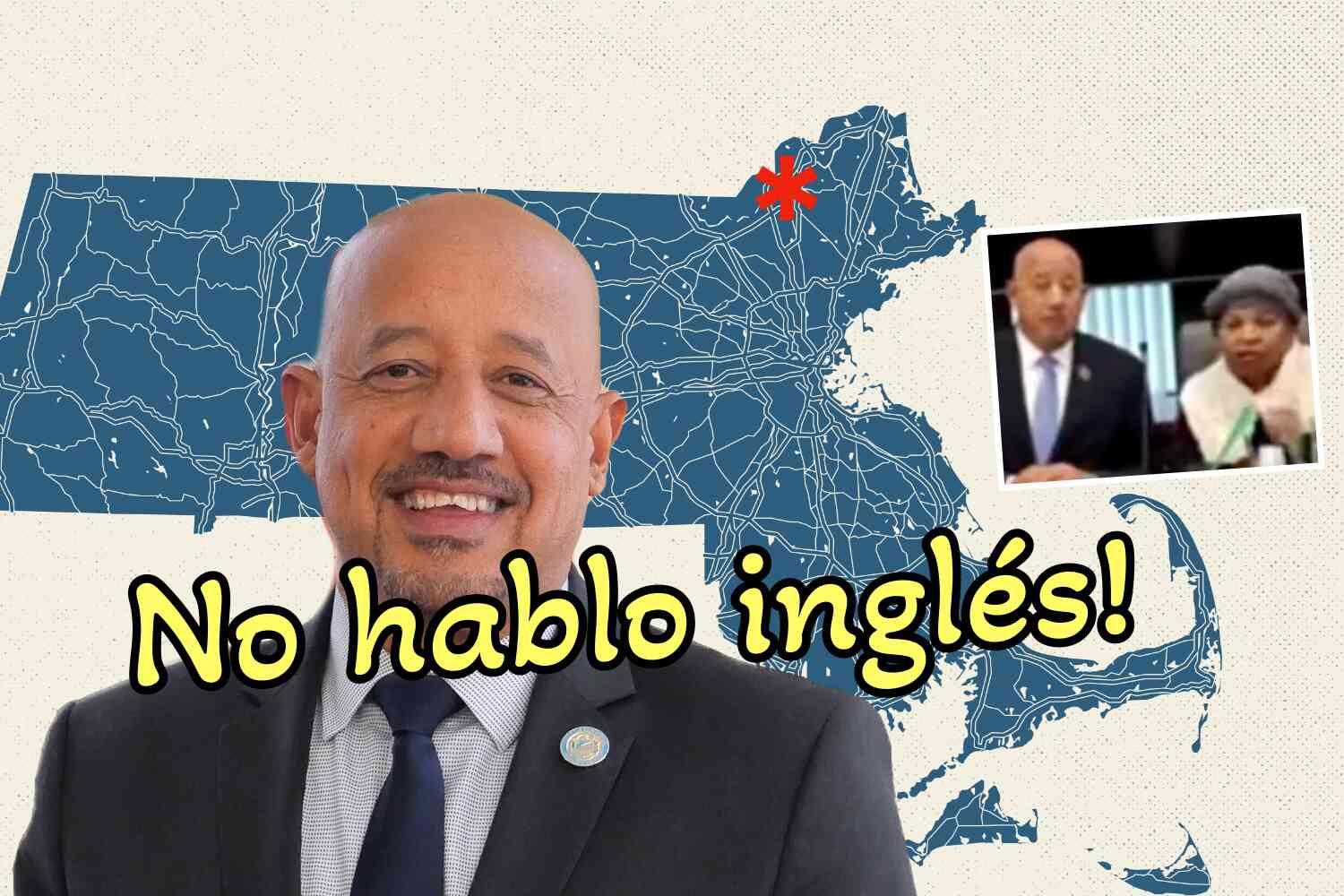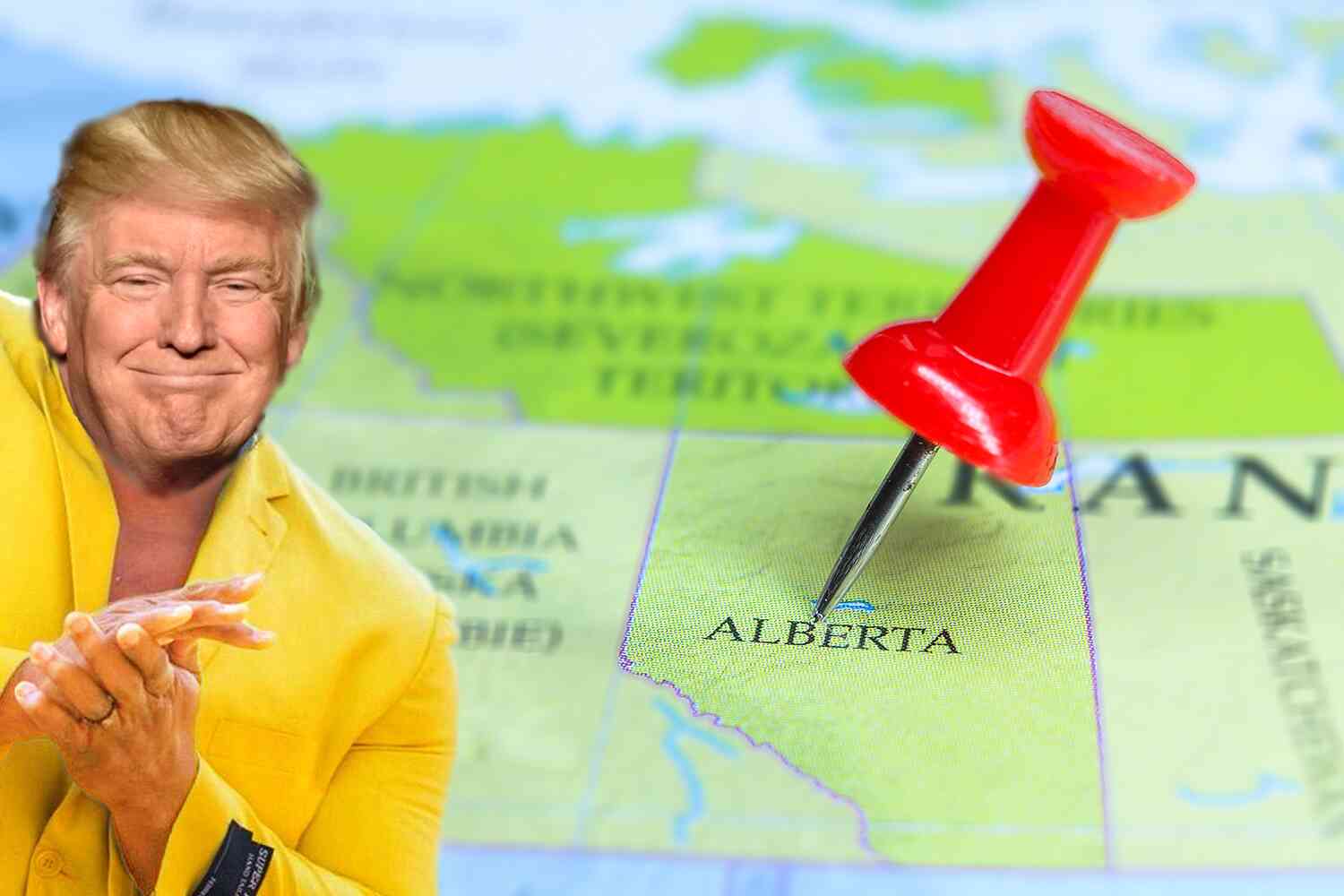Yes, you read that headline correctly.
This story's got it all! A drug lord. Lawsuit. Hippos! And these aren't just any old hippos. These are Pablo Escobar's "cocaine hippos."
These "cocaine hippos" are the first animals in history to be recognized as legal persons in the U.S. court.
Sounds like they had a really good lawyer.

The lawsuit was filed in Colombia on behalf of the hippos by Domingo Gómez Maldonado on July 31, 2020, to save the animals from being killed.
"Animals have the right to be free from cruelty and exploitation, and the failure of U.S. courts to recognize their rights impedes the ability to enforce existing legislative protections," says Animal Legal Defense Fund Executive Director Stephen Wells. "The court's order authorizing the hippos to exercise their legal right to obtain information in the United States is a critical milestone in the broader animal status fight to recognize that animals have enforceable rights."
Three decades ago, Escobar, one of the biggest drug lords of all time, smuggled dozens of animals into a zoo on his private ranch– he had elephants, ostriches, zebras, camels, giraffes, and hippopotamuses. When the kingpin was killed by police is 1993, his grand estate was seized, which included his zoo.
Most of the animals were shipped off to different zoos but four hippos remained because apparently they were very difficult to capture (lol).
So, they left them to roam the land. What could go wrong?
Well, they started mating... a lot.
The original four (illegally imported) "cocaine hippos" multiplied to about 100 and are reportedly wrecking havoc on the local ecosystem– although some scientists have argued that the hippos may actually be "restoring ecological functions."
The hippos are now being neutered and sterilized, and are otherwise free to live with the same rights as you and I.
"The first time I worked with a hippo I was terrified – these are animals way bigger than we are used to working with in Colombia," Veterinarian Gina Paola Serna said, "These are massive and territorial animals, so everything is complicated when it comes to working with them."










